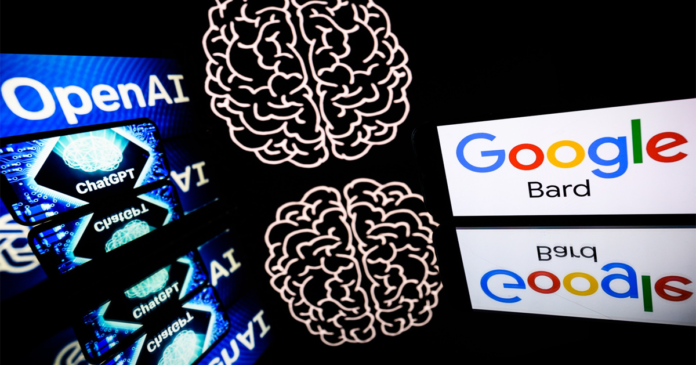More than half of respondents to a survey for a new report said they were concerned about the ethical ramifications of AI for their profession, which presents both a threat and an opportunity for journalists.
AI risk for journalism: Despite the fact that 85% of respondents have tried generative AI, such as ChatGPT or Google Bard, for producing summaries and creating headlines, 60% admitted to having some misgivings.
Over 100 news organisations from 46 countries participated in the study, which was conducted by the JournalismAI initiative of the London School of Economics. It covered the usage of AI and related technologies between April and July.
In a statement, the researchers stated that “more than 60% of respondents noted their concern about the ethical implications of AI on journalistic values including accuracy, fairness and transparency and other aspects of journalism.”
Report co-author and project director Charlie Beckett noted, “Journalism around the world is going through another time of exciting and dangerous technological upheaval.
The study, according to him, demonstrated that the new generative AI tools were both a “incredible opportunity to make journalism more efficient, effective, and trustworthy” as well as a “potential threat to the integrity of information and the news media.”
Journalists have noticed how using AI for things like interview transcription may save them time.
However, the scientists also pointed out that human review of AI-generated information is necessary “to mitigate potential harms like bias and inaccuracy”.
They went on to say that newsrooms in the global south faced higher integration challenges with AI.
“Addressing AI Language Barriers and Global Inequality”
The majority of the established AI technologies are only available in English and few Asian languages. A Filipino respondent to the survey, cited in the study, suggests that if we aim to develop AI systems that speak our native languages, we need to catch up twice as fast.
Co-author Mira Yaseen states that the global north concentrates the economic and social benefits of AI, while the global south disproportionately experiences its drawbacks.
She added that this was “exacerbating global inequality” and that the development and deployment of AI on a global scale required a “power-conscious perspective.

